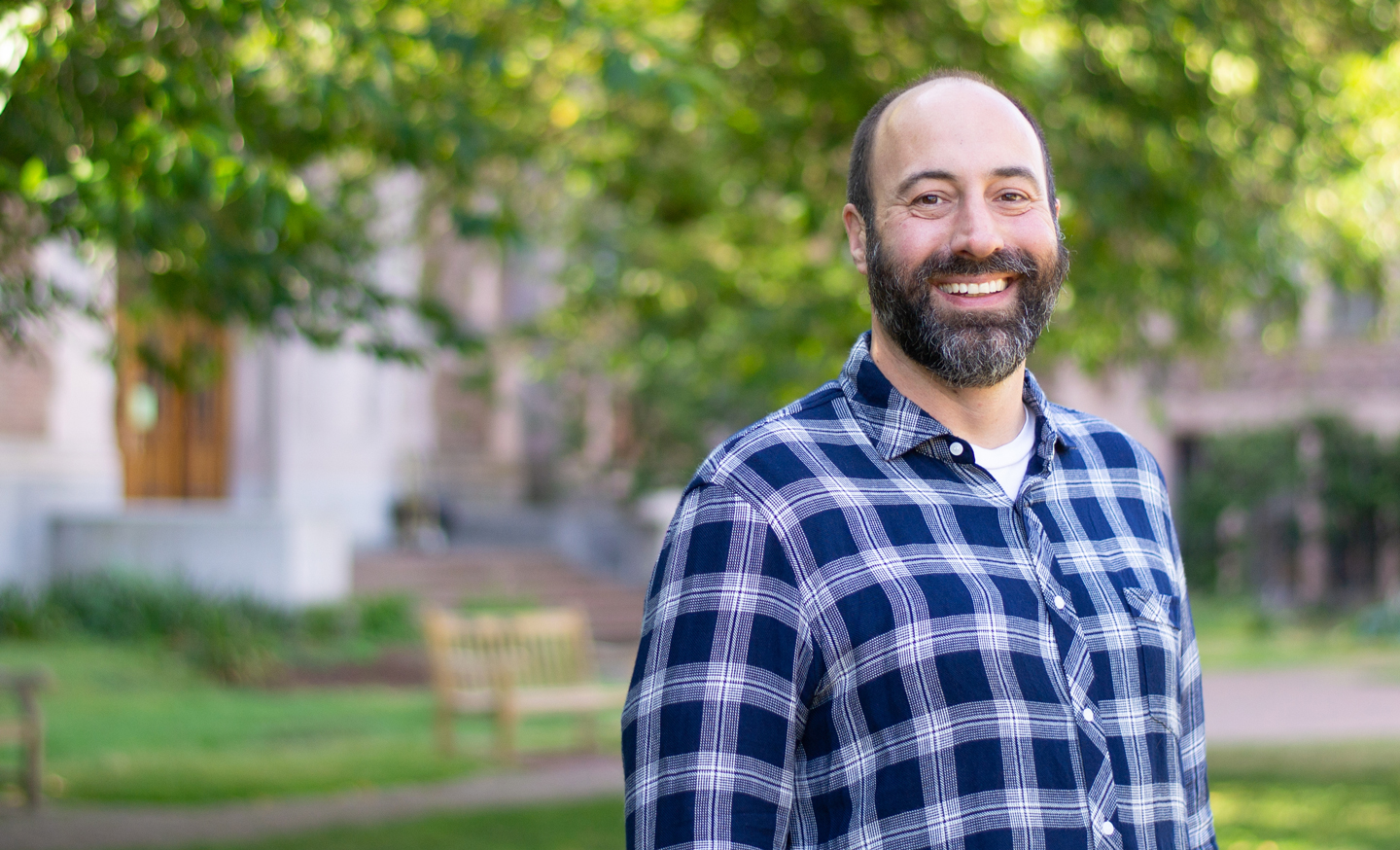Ryan Calo holds a joint appointment as a professor in the Information School and as the Lane Powell and D. Wayne Gittinger Professor at the UW School of Law. Calo is a prominent voice in tech policy both on campus and globally, with his work appearing in leading law reviews. He is also co-founder of the UW Tech Policy Lab and the Center for an Informed Public.
We sat down with Calo to talk about his research on law and emerging technologies, related legal challenges and his upcoming publications.
Q: In your view, what are the most pressing legal challenges of regulating AI and machine learning technologies?
One of the most pressing challenges of regulating AI and related machine learning technologies is that there are not enough experts in the federal and state government who are adequately informed on the intersection of law and technology. Despite recent efforts to improve the technical acumen of legal and policy professionals, there is still a long way to go.
Improving institutional capacity as a response to technological advancement is essential. To start, we need to resuscitate the Office of Technology Assessment (OTA), which was terminated in 1995. During its active term, the OTA assisted Congress in planning for the release of emerging technologies and informed a lot of related legislation and investment. Reallocating federal funds to a specialized institutional body of this sort is necessary in an ever-evolving technological landscape.
Overall, this is a really important time to go into the field of law and technology. There’s a pressing need for a generation of people who possess a technical understanding of the technology itself and also are informed about the methods and tools of regulation. Without addressing this knowledge gap, we could really lose ourselves in this period of rapid technological change.
Q: How should the law respond during this time of rapid technological advancement?
In the United States, we tend to accept technological change as inevitable and consequently view our role as legal scholars or policymakers as ensuring the law accommodates new technology. However, we need to take a page from the Amish and ask, “Is this technology, in its present form, consistent with our community values?”
Rather than trying to restore the status quo in the face of rapid technological development, we need to take a more critical approach. It’s important to ask questions like “Does this technology promote human flourishing?” and “If not, what parameters and regulations do we need to respond with?”
All this goes to say that the problem is not the law’s inability to evolve alongside technology but that the law is over-adapting. The people who are the most effective skeptics of AI are the ones like Professor Emily Bender, who are asking basic and critical questions about whether the machine learning technologies being produced are worth all the investment and whether their benefits outweigh their harms.
Q: What role do you see universities and legal scholars playing in shaping ethical tech governance?
The role of academics is to help us rebuild and design our institutions of governance to be compatible with the needs of the 21st century. Universities and legal scholars can help guide the law away from its strictly defensive posture against technology to a more proactive approach like that of the European Union (EU). Similar to the EU’s Digital Services and AI Act, we need legislation grounded upon a clear and positive vision of what the law and legal institutions need to look like going forward. Academics are essential to this sort of strategic planning, providing the foresight needed to regulate emerging technologies in a way that maximizes societal benefit and minimizes harm.
Q: What are some opportunities for interested students to engage in conversations at the intersection of law and technology?
The iSchool is really a hub for all things law and technology. Especially under Dean Anind Dey’s leadership, the iSchool has grown to become the center of gravity around society and technology work across all our campuses. Of course students have the opportunity to take iSchool courses on law and technology, but I would also recommend they reach out to the various centers, labs and clinics that the iSchool is a part of like the Technology Law and Public Policy Clinic, Center for an Informed Public and the Tech Policy Lab.
Q: Do you have any books coming out on law and technology?
I have a new book Law and Technology: A Methodological Approach set to release this fall! In this short-read, I outline the legal challenges of technology and provide a step-by-step method for generating wiser tech policy. I would recommend this book to anyone looking to gain a foundational understanding of the law and technology landscape and hope that other scholars in the field will derive value from it as well. I have two more books coming out in the summer and fall where I'm an editor; these are Robot Law: Volume II and The Cambridge Handbook of Generative AI and the Law.
